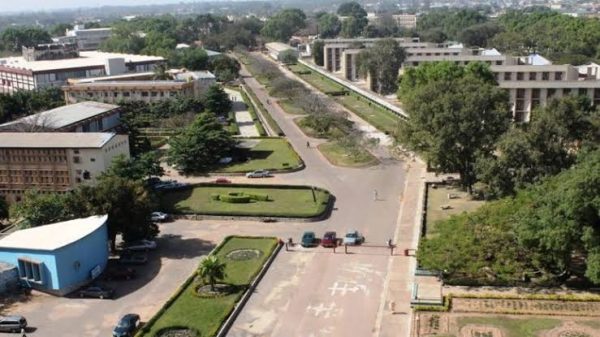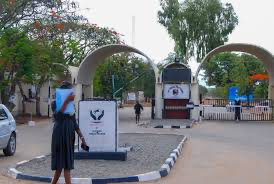Requirements for MBA Programs in Nigeria (2024)
Earning an MBA in Nigeria unlocks doors to career advancement, business acumen, and leadership prowess.
But before embarking on this transformative journey, understanding the program requirements is crucial.
This blog post serves as your guide, navigating the diverse entry criteria and application processes across Nigerian universities in 2024.
Understanding the Core Requirements:
While specific requirements may vary, some core elements are generally sought after for MBA programs in Nigeria:
-
Bachelor’s Degree: Applicants must possess a recognized Bachelor’s degree in any discipline from an accredited institution.
-
Work Experience: Most programs require 2-5 years of relevant work experience, demonstrating your understanding of the business world and readiness for advanced studies.
-
Minimum CGPA: A minimum CGPA of 3.00 on a 5.00 scale (or its equivalent) is typical, though some programs might demand higher standards.
-
Admission Tests: Some universities require standardized tests like GMAT (Graduate Management Admission Test) or GRE (Graduate Record Examination) to assess quantitative and analytical skills.
-
English Language Proficiency: Non-native English speakers might need to demonstrate English proficiency through tests like TOEFL (Test of English as a Foreign Language) or IELTS (International English Language Testing System).
Exploring Program-Specific Variations:
-
Executive MBA (EMBA) Programs: Typically geared towards experienced professionals, EMBA programs often require more years of work experience (5-10+) and emphasize leadership development alongside core business competencies.
-
Specialized MBAs: Programs with a specialization in fields like finance, marketing, or healthcare might require relevant work experience or coursework in those areas.
-
International MBA Programs: Some universities offer dual-degree or joint programs with international partners, which might have additional application requirements specific to the partner institution.
FAQs
Can I overcome a low CGPA for an MBA program?
While a strong CGPA is important, it’s not the only factor considered. If your CGPA falls below the program’s minimum, emphasize your relevant work experience, leadership qualities, and any achievements demonstrating your business acumen. A strong application essay and compelling letters of recommendation can also strengthen your candidacy.
What if I don’t meet the work experience requirement?
Some universities offer waivers for the work experience requirement for exceptional candidates with compelling academic records or relevant achievements. Explore university websites and contact program coordinators to inquire about their specific policies.
Is it mandatory to take standardized tests like GMAT or GRE?
Not all programs require standardized tests. While some might consider them, they often prioritize work experience and other application components. Research the specific requirements of your target programs to know if these tests are necessary.
What are the typical application deadlines for MBA programs in Nigeria?
Application deadlines vary across universities and programs. Generally, deadlines fall between August and December for the following year’s intake. Start researching programs early and plan your application well in advance to meet deadlines and submit competitive applications.











